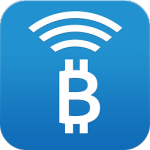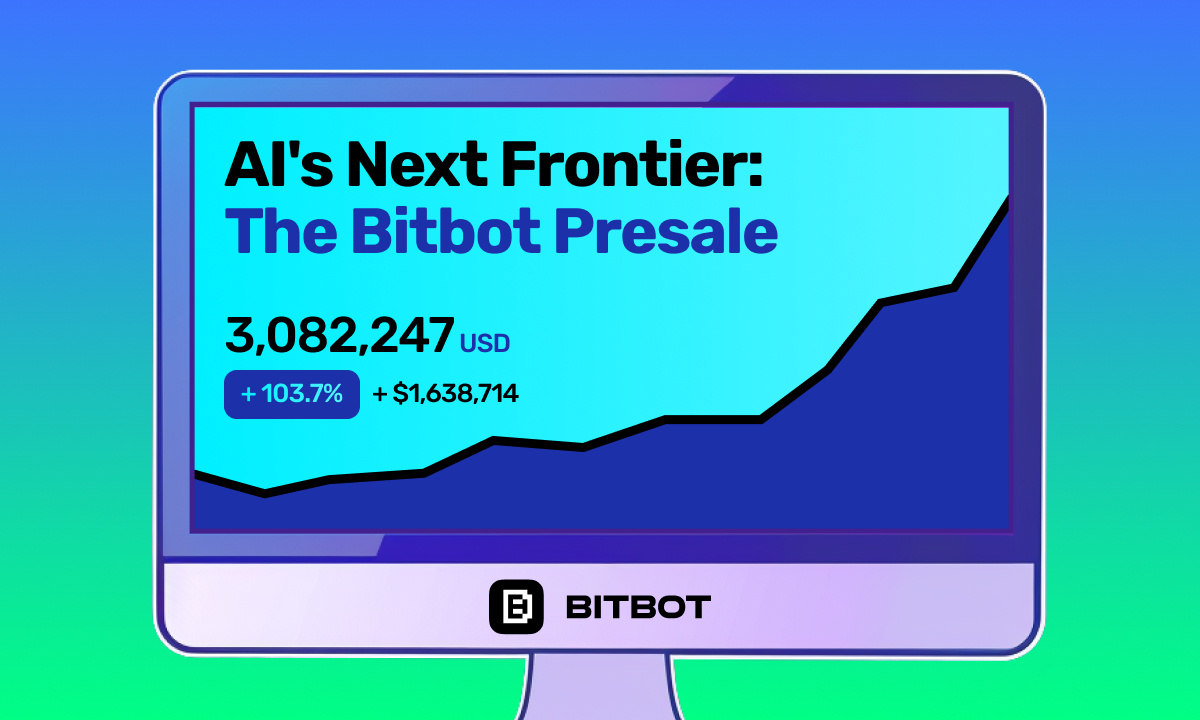Airbitz Bitcoin Wallet


Overview:
The Airbitz Bitcoin Wallet is a decentralised and incredibly secure Bitcoin wallet that is backed up regularly, and provides the user with true financial autonomy and privacy for their users. Airbitz is so secure that even they, nor any other third party can access the users’ funds that are being held in the wallet. The ‘Edge’ login service is incredibly unique and is the first zero-knowledge single sign-on solution. They have designed the interface with the user in mind, and have looked at other wallet solutions to see how they can improve current issues. To do this they have added many different features to make their wallet very easy to use. These include decentralised server architecture, which will mean that the wallets will work, even if the Airbitz servers are down. As soon as you have registered an account, where you can then open multiple wallets, you will get automatic wallet encryption, backup and multi-device synchronisation. The accounts are incredibly simple to create as well, and you will require just a login and a password. You will have full integration with the Airbitz Business directory, to auto-complete business meta data for transactions, as well as an easy to search Business Directory Map, which will allow you to find out who accepts Bitcoins around you. The wallets support Bluetooth Low Energy (BLE) to transfer funds, instead of them having to scan QR codes like other wallets. They have not just made a wallet that is easy to use though. Airbitz have ensured that their security and privacy settings set them apart from other cryptocurrency wallets around. To keep the accounts private and secure, they have Hierarchical Deterministic wallets with changing address per transaction, which means that they are pretty much untraceable, there is a local client-side encryption of all user keys and data, and like we have previously mentioned, no user information is required in order for you to use a wallet. They use a super strong encryption and password hashing, and local client-side encryption using user generated login and password. The open-sourced version was released in late 2014.
Supported Coins
| Coin | Supported |
| Bitcoin (BTC) |








